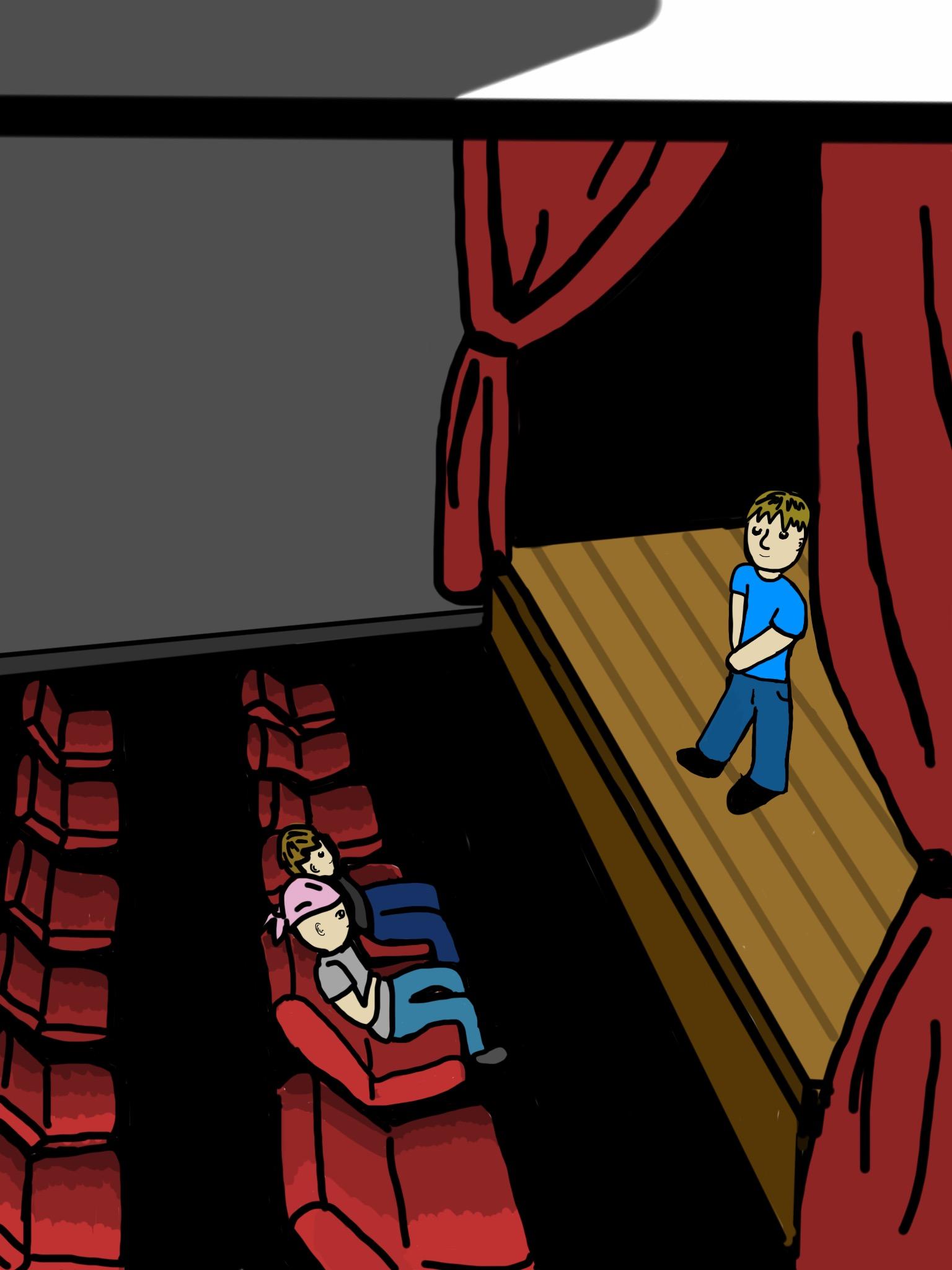It’s never something you want to hear. You don’t even think it will happen until it does. It’s never easy dealing with a family member being diagnosed with cancer, especially when they’re really close to you. My mother was diagnosed with recurrent breast cancer in 2013. Cancer has negative connotations that automatically lead you to assume the worst outcome possible. However, so far it has not turned into a death sentence for us.
But this is the year where it has started to go downhill. On New Year’s she had to be taken to the emergency room for excess vomiting. That was only the beginning.
The worst moment for me came when mom started suffering from constant nosebleeds that would go on for nearly an hour or longer every time and each time there was blood everywhere, all over her clothes and the bathroom sink. One day she came and her nose just bled, bled and bled with no end in sight. Finally I took the initiative and drove her all the way down to Methodist Hospital.
The chemotherapy is always rough on a person. There’s the obvious side effect of hair loss, resulting in my mom wearing a wig when out in public. Seeing someone bald takes some getting used to. At first it seems odd but after awhile you get used to it. When she was first diagnosed, my dad wanted to shave his head in her honor. I convinced him not to, claiming that I couldn’t stand seeing both of my parents bald.
There’s also the lack of appetite and general fatigue. My mother is a very strong, motivated and determined person. It’s been very hard for her to accept that chemotherapy sometimes slows her down and keeps her from operating at 100 percent and that it might take awhile for her to get back on her feet.
Even though it seems hopeless, not all is lost. Long in-depth conversations with my dad on the whole situation, and beyond, gives a unique perspective not just on my scenario but life as a whole. Keeping family and friends in the loop on problems helps to build emotional support. In all honesty, I was originally afraid to inform others, including teachers, of my problems. I was convinced that everyone would assume I was using it as an excuse to gain pity or a scapegoat to get out of things I don’t want to do or an excuse for doing something I shouldn’t.
As tragic and unfortunate as cancer is, there is a positive. It has brought my family closer together. My grandparents tend to visit more frequently than before. We’ve talked to my uncle more, even though he moved away to California. We have still managed to maintain contact since then, though it hasn’t been without its challenges. We only see him in person once maybe twice a year; the last time we saw him was Christmas of this year and things have changed drastically since then.
My friends have become huge emotional supports and have kept me looking up throughout all of it. It may be cliche, but phrases such as “be strong, we all love you so much” can actually make you feel good about yourself and be encouraging. The most important thing to remember is to not feel bad for yourself. The moment you stop grieving for yourself the easier it is to go on with your typical everyday life. Yes, it will still hang over like a dark cloud, but it doesn’t have to affect everything you do. The key point is to keep it in mind but don’t let it conquer thoughts and surround yourself with things and people you enjoy. They can’t take away the negative feelings but they can make them a little bit more bearable and you can feel good about yourself and your surroundings.
My mom has been in and out of the hospital a couple of times and had to restart chemotherapy. Chemotherapy is tricky at times. It has side effects that seem almost as bad as the cancer symptoms themselves. I guess the point is to not let it bother you too much. Just keep going and live everyday; charge your way through because there is always a great possibility that everything will be okay in the end.









Janelle • Mar 6, 2025 at 7:28 pm
Thank you for sharing. I needed to read this right now. Prayers for you and your mom. xo